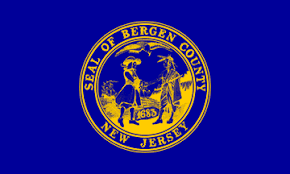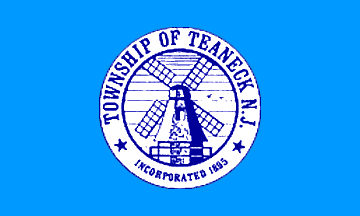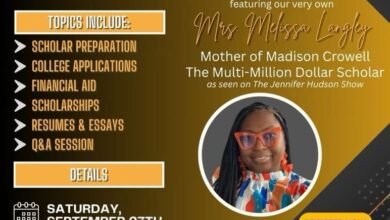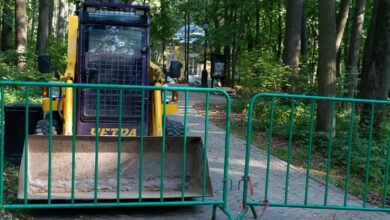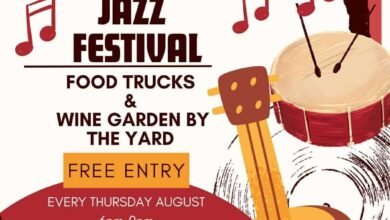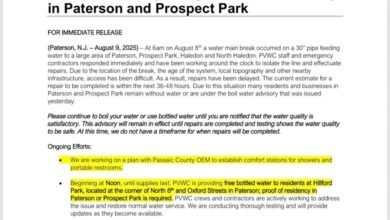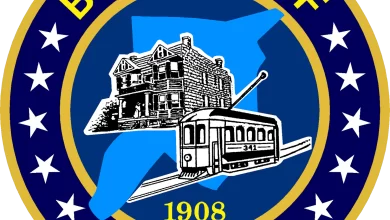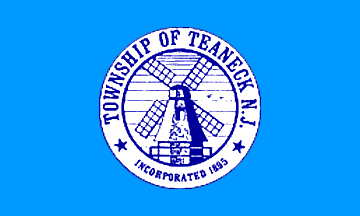
Teaneck, NJ: Civil Rights Roots, Multiracial Power, and a Suburb That Refuses to Be Silent
Set in central Bergen County and just minutes from the George Washington Bridge, Teaneck, New Jersey is a town that wears its conscience on its sleeve. It was the first town in America to voluntarily desegregate its schools. It’s home to one of the largest Black middle-class communities in the state. And it’s a place where Jews, Muslims, Christians, Haitians, Koreans, and African Americans live side by side—and still wrestle with how to turn proximity into shared power.
Teaneck isn’t just diverse. It’s historic. It’s active. It’s unfinished. And it’s ready for the next chapter.
Origin and History
Teaneck’s story is one of movement, defiance, and community innovation.
- Lenape Homeland: Before colonization, the Hackensack branch of the Lenape Nation lived and traded along the Overpeck Creek and Hackensack River—lands that make up present-day Teaneck.
- Dutch & Colonial Settlement: By the 1600s, Dutch farmers and enslavers occupied the land. Some of the region’s earliest free Black communities emerged from manumitted enslaved people in the 1700s.
- Suburban Growth: The town grew after the George Washington Bridge opened in 1931, bringing waves of Jewish, Irish, and Black families seeking better schools and housing outside of NYC.
- Civil Rights Landmark: In 1964, Teaneck became the first U.S. town to voluntarily desegregate its public schools by vote of the Board of Education—without a federal mandate. This bold move made national headlines and forever marked the town’s identity.
Demographics
Teaneck is one of the most racially, religiously, and linguistically diverse towns in the region.
- Population: Approx. 41,000 residents (2020 U.S. Census)
- Cultural Composition: About 35% Black/African American, 30% white, 17% Latinx, 12% Asian, and 6% multiracial. It is home to one of the largest Orthodox Jewish communities in NJ, as well as vibrant Caribbean, Korean, and West African populations.
- Languages Spoken: English, Haitian Creole, Hebrew, Spanish, Korean, and Yoruba are widely spoken in homes, schools, and places of worship.
- Religious Plurality: Churches, synagogues, mosques, temples, and spiritual centers share space—and sometimes civic vision.
Geographic Location and Size
Teaneck is at the crossroads of Bergen County and the greater New York metro area.
- Size: 6.2 square miles
- Borders: Neighboring Englewood, Hackensack, Bergenfield, and Leonia.
- Transit Access: Close to the George Washington Bridge, served by NJ Transit buses to Manhattan, and minutes from Routes 4, 80, and the NJ Turnpike.
Where We Thrive
Teaneck thrives in its civic activism, education leadership, multiracial coalitions, and local pride.
- Public Schools: Teaneck Public Schools are historically significant for their desegregation legacy and progressive policies. Challenges around funding and equity persist, but the district remains a critical space for innovation and inclusion.
- Community Leadership: From youth-led BLM protests to school board campaigns and mosque-led food drives, Teaneck is full of everyday leadership—across generations and cultures.
- Black Homeownership Legacy: Teaneck has long been a haven for upwardly mobile Black professionals, especially educators, union workers, and public sector leaders.
- Creative & Cultural Hubs: Local libraries, artist collectives, and performance venues (like the Puffin Foundation) nurture intergenerational storytelling, resistance art, and civic dialogue.
Fun Facts and Local Gems
- 1964 School Desegregation Vote: Teaneck’s voluntary move toward racial equity in education remains a national model for school integration.
- Phelps Park & Votee Park: Recreation and gathering spaces that host sports leagues, community barbecues, political rallies, and cultural festivals.
- Holy Name Medical Center: A local healthcare institution known for community-focused initiatives and multilingual outreach.
- The Teaneck International Film Festival: A progressive, justice-driven event that amplifies stories often ignored in mainstream media.
Challenges and Change
Teaneck’s legacy is powerful—but its future requires hard conversations.
- Equity Gaps in Schools: Despite its desegregation history, disparities persist in access to honors/AP courses, discipline policies, and curriculum representation.
- Tensions Across Communities: As Jewish, Black, Muslim, and immigrant communities share space, issues of policing, political representation, and public investment continue to spark civic debate.
- Development Pressure: Real estate development and rising taxes threaten to displace longtime residents—especially renters and elders.
- Civic Engagement Fatigue: With such a long history of activism, many community leaders are burned out. Newer generations are stepping in—but need support and space to lead.
Community Voices
“Teaneck is sacred ground—but sacred doesn’t mean perfect. We made history once. Now we have to decide: do we want to make justice happen again—or just quote it in brochures?”
— Nia B., high school teacher and second-generation resident
Why Teaneck Matters
Teaneck isn’t a brand. It’s a blueprint. It’s proof that a suburb can lead on justice—not just survive it. It’s a place where kids learn about bias in class—and fight it on the streets. Where elders remember protest songs—and youth remix them with new beats. Teaneck matters because it keeps trying. And in a world of talk, trying is power.
HFYC uplifts Teaneck because legacy is only real when we live it forward—and this town is still in the fight.
Call to Action
Are you from Teaneck? Know a student activist, faith leader, elder, educator, poet, or parent reshaping your block?
Let us help tell their story.
Submit a feature, nominate a changemaker, or reflect on what Teaneck means to you—from the school board to the synagogue steps.
